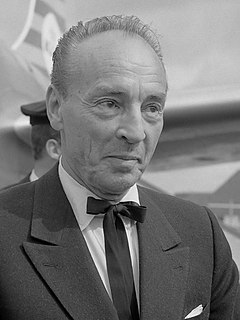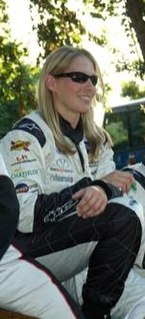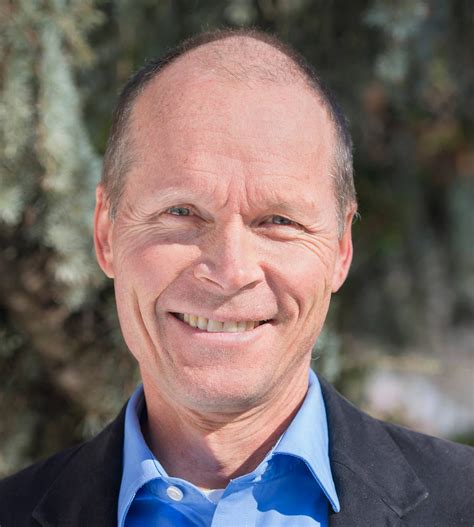A Quote by Haruki Murakami
Writing a long novel is like survival training. Physical strength is as necessary as artistic sensitivity.
Related Quotes
Anthropological fieldwork is so much like writing a novel. Granted, you don't have the physical disruption and disorientation, but writing a novel is like entering a new culture. You don't know what the hell is going on. And every day you feel like you have nothing, you're going nowhere. Or you feel that first it's going somewhere, but then you get into that horrible middle part.
Ballet dancing is arduous, strenuous activity. Students are engaged in physical training that rivals the training Olympic athletes undergo. At the same time, they strive for physical perfection not for the prowess alone but as a way of achieving the means necessary to express the pure nature of their art.
I horse ride. I find it is the best way to maintain my fitness and stay physical. I have to practise anyway for my equestrian front. I do dressage and schooling too. I also do physical training where I work on my neck and upper body strength. Racing is a high endurance sport and you are in the car for a long time so this area is crucial.
A short story is a sprint, a novel is a marathon. Sprinters have seconds to get from here to there and then they are finished. Marathoners have to carefully pace themselves so that they don't run out of energy (or in the case of the novelist-- ideas) because they have so far to run. To mix the metaphor, writing a short story is like having a short intense affair, whereas writing a novel is like a long rich marriage.
Objectifying your own novel while writing it never really helps. Instead, I guess while you're writing you need to think: This is the novel I want to write. And when you're done you need to think: This is what the novel I wanted to write feels like and reads like and looks like. Other people might call it sweeping or small, but it's the book you chose.
If I'm writing a novel, I'll probably get up in the morning, do email, perhaps blog, deal with emergencies, and then be off novel-writing around 1.00pm and stop around 6.00pm. And I'll be writing in longhand, a safe distance from my computer. If I'm not writing a novel, there is no schedule, and scripts and introductions and whatnot can find themselves being written at any time and on anything.




































